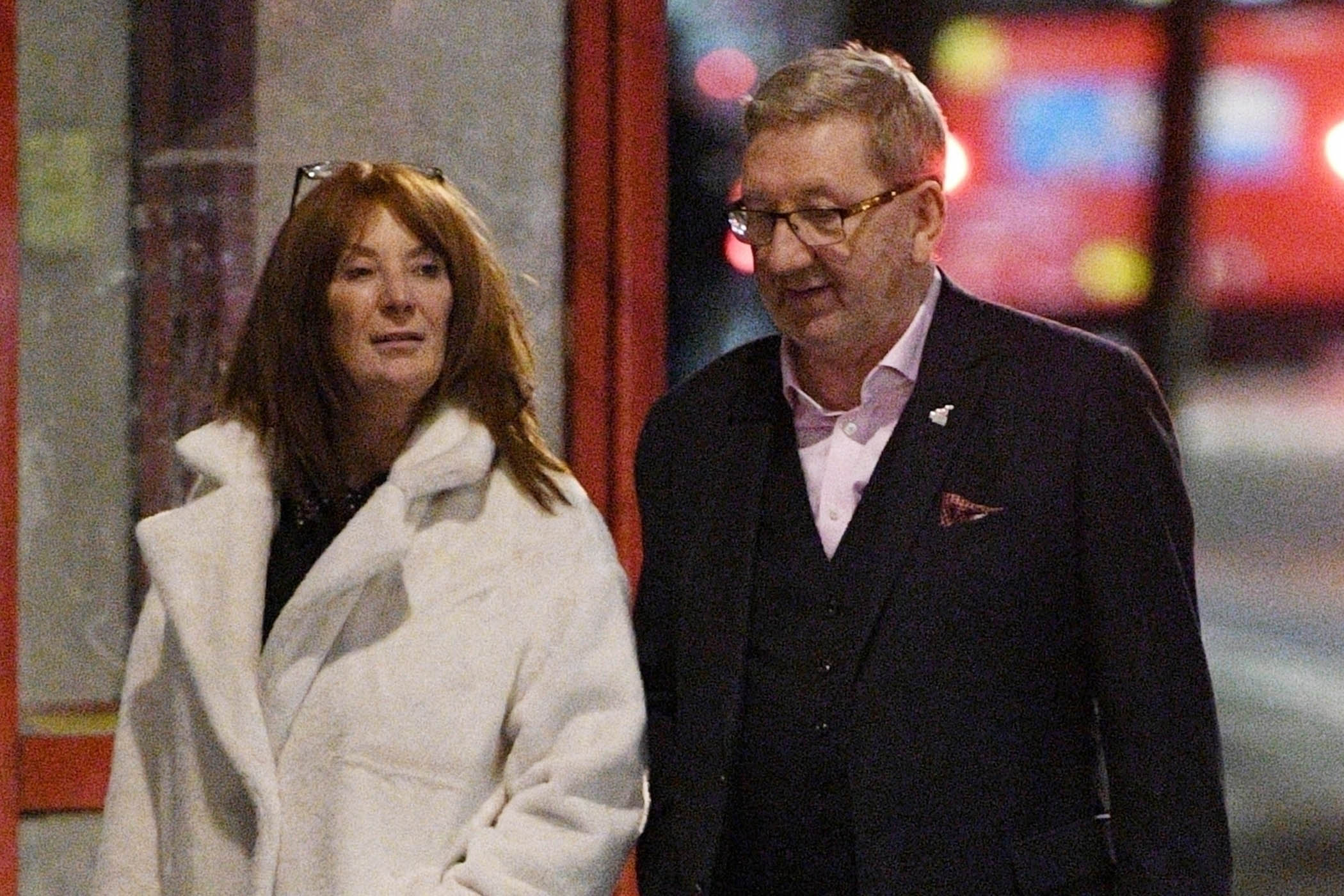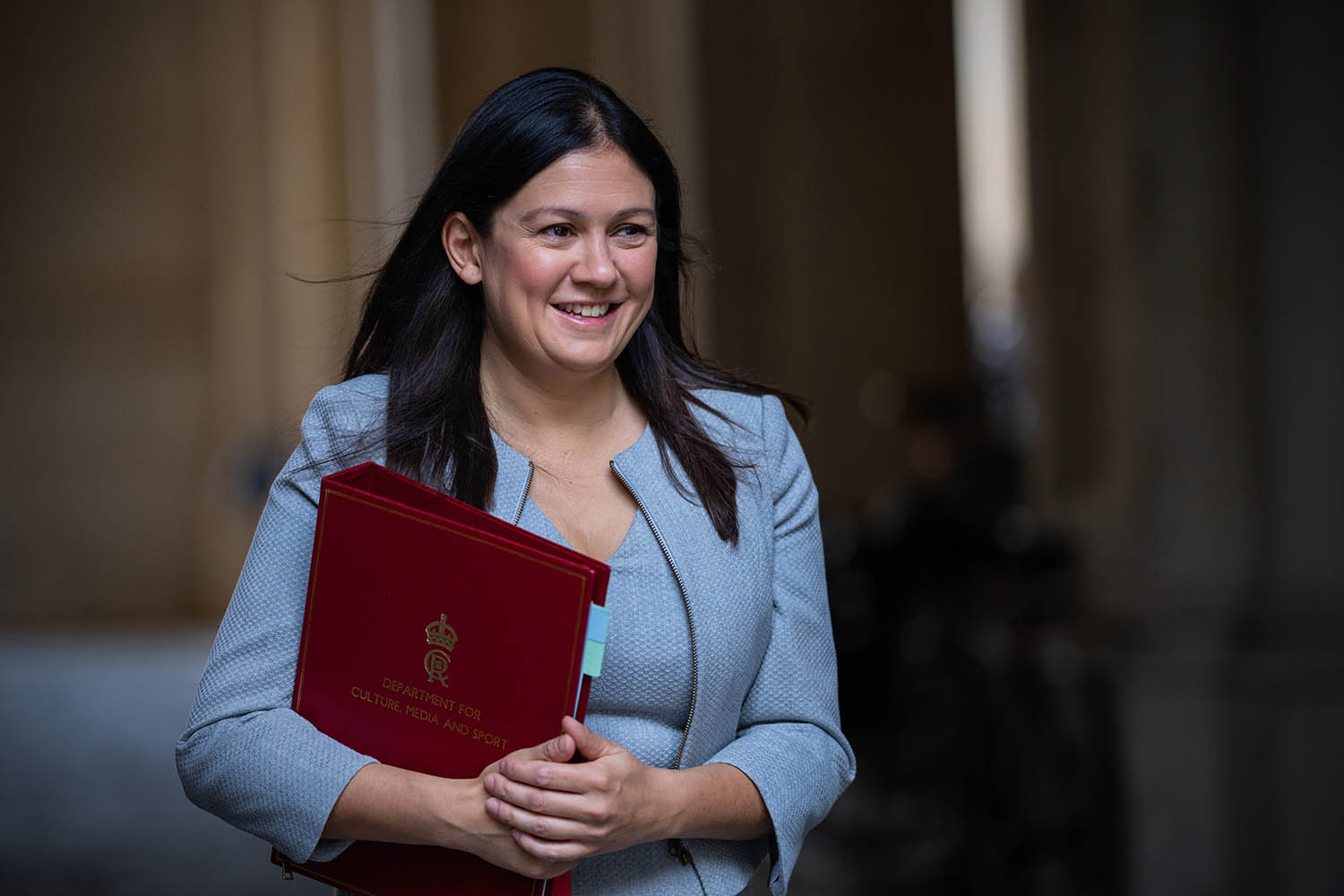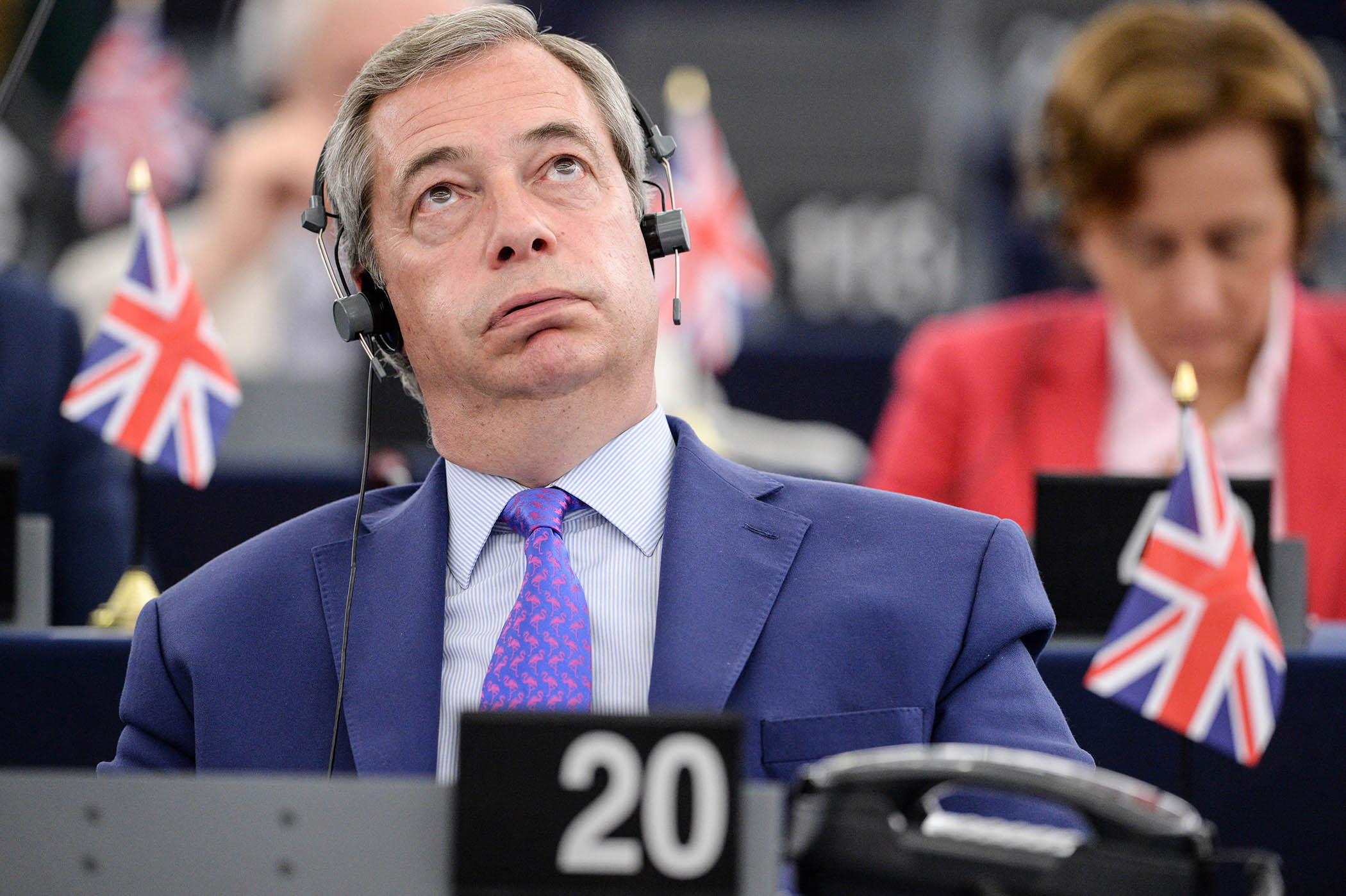Len McCluskey, the former leader of Unite, used the union’s own funds to pay for legal steps to keep secret a long-standing relationship with the Labour leader Jeremy Corbyn’s chief of staff, Karie Murphy, between 2017 and 2019, Unite has disclosed.
The revelation that funds generated by the subscriptions of more than 1 million Unite members were used to protect McCluskey’s personal privacy will add to union concerns in the wake of its July report into allegations of corruption during his leadership, which ended in 2021.
McCluskey did not admit to the relationship with Murphy – described by one senior politician as “one of the great Labour-left romances” – until he published his autobiography Always Red in 2021. In the book, he boasts about having got the union’s in-house lawyer Howard Beckett to use “his legal genius” to keep “gossipy stories” about it out of the public eye.
But the legal steps also involved recourse to the expensive legal firm Carter Ruck, which told the Daily Mail in 2015 that an article had been “highly defamatory ... alleging as it does that he is engaged in a clandestine sexual relationship with Karie Murphy which is improperly governing his actions and in consequence those of Unite and the Labour party… these allegations are also entirely untrue”.
A Unite spokesman told The Observer: “Under the leadership of the previous general secretary, Len McCluskey, Unite paid legal fees to prevent reporting on his personal relationship with Karie Murphy. Measures put in place under the current leadership, following investigations into potential historical corruption under the previous regime, mean that this could never happen again.”
Newsletters
Choose the newsletters you want to receive
View more
For information about how The Observer protects your data, read our Privacy Policy
Related articles:
Unite’s disclosure will come as a further vindication for Gerard Coyne, the union’s former West Midlands regional secretary, who in 2017 was only narrowly beaten by McCluskey to the general secretaryship – despite the latter’s huge advantage of incumbency. Coyne has long campaigned for greater transparency of union finances, as well as less focus on internal Labour politics than the everyday interests of its members. He told us this month: “Unite members won’t find it funny if their hard-earned subs were used to pay for this deception and they deserve to know the truth.”
The couple have explained the legal moves by the need to protect their former spouses and families. Whether McCluskey, one of the great political fixers of his time, also had a political motive of minimising the risk of being accused of a conflict of interest, is less clear. McCluskey told us: “Any media attacks or inquiries relating to Unite, be they relating to the General Secretary or any other officers or lay members, would be dealt with by Unite’s Legal Department. The media inquiries pertaining to my personal life, including those referring to Karie Murphy, were undoubtedly political and misogynistic attacks and were seen as such. The purpose of the inquiries was to undermine Unite’s and my support for Jeremy Corbyn, as Karie Murphy was his Chief of Staff. On this basis they were dealt with via the normal channels, the Legal Department.”
It’s hard to overstate the political as well as romantic bond between the two. According to one senior Labour figure, “They were the loves of each other’s lives … But what then happened was the passion they felt for each other became incredibly destructive in the political realm.”
The “destructiveness” is one politician’s opinion, referring to the couple’s often ruthless support for Jeremy Corbyn. Today that support remains unwavering not least in the power struggle over the leadership of the new party – Your Party – announced in July by Corbyn and Zarah Sultana, the 31-year-old former Labour MP for Coventry South.
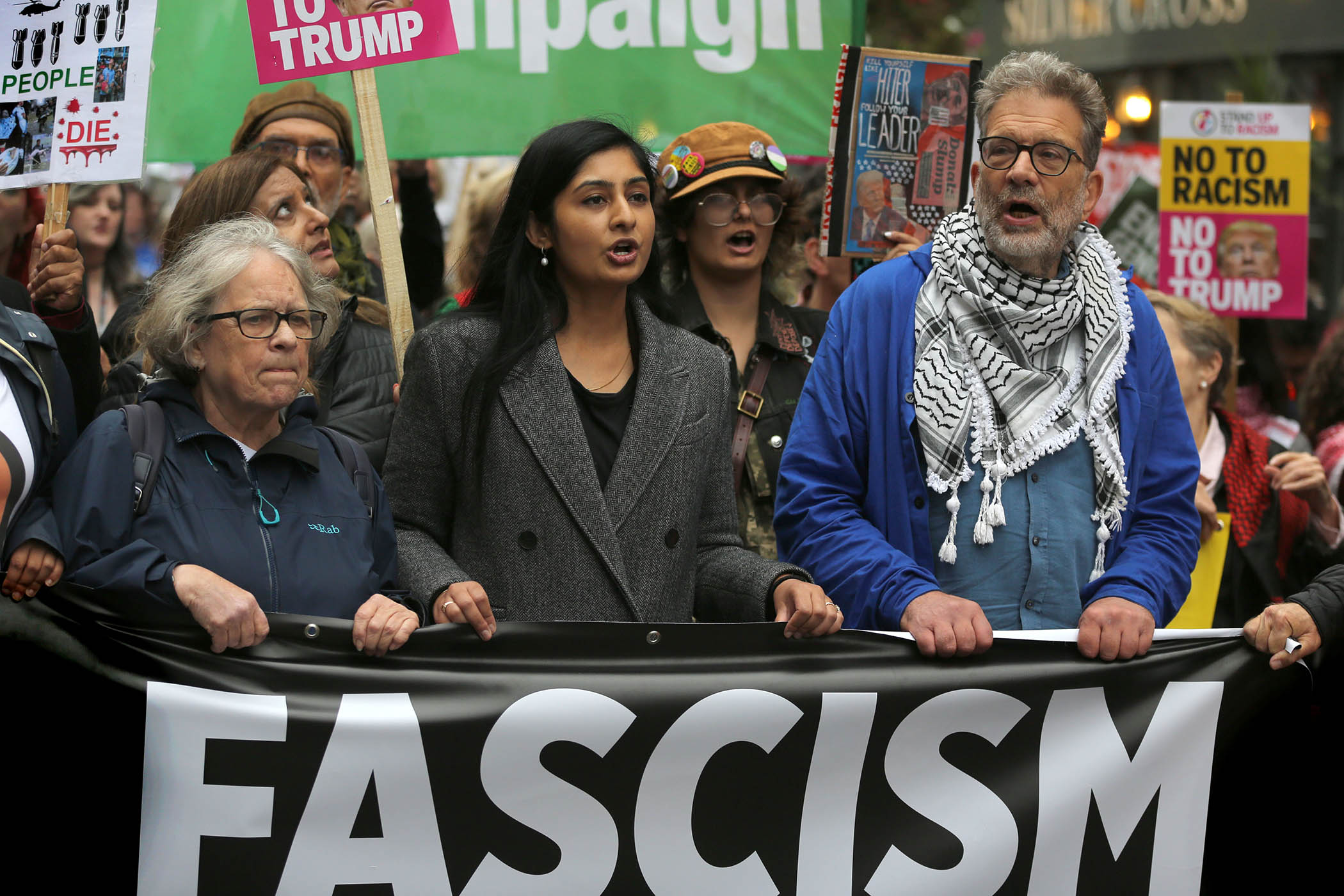
It was Corbyn’s nomination as Labour leader in 2015 that transformed McCluskey’s power and reach. As the general secretary of Labour’s biggest affiliated donor, and a notably strong personality, McCluskey played a decisive role from that moment onwards, backing Corbyn’s leadership campaign with at least £150,000, office space and a handsome union endorsement.
While much of the credit goes to Corbyn’s undoubted popularity among a large section of the Labour membership, his victory was a handsome payoff for a union leader who was unusually involved in the minutiae of internal Labour party politics. And for most of the period that followed, Murphy – McCluskey’s partner, in politics and love – played as vital a role in sustaining Corbyn in office.
A working-class Glaswegian, Murphy worked in the NHS for 25 years as a nurse, ward sister and health visitor, caring for mental health patients as well as those with HIV, Aids and drug issues. She was also active in the union Unison. “She’s a multi-faceted character with a lot of warmth,” says one Labour figure who does not share her politics, “and she was a very good nurse.” Her first foray into Westminster politics was working for MPs, including as a diligent and supportive parliamentary assistant to the Labour MP Tom Watson, then at the outset of his campaign to expose phone hacking by Rupert Murdoch’s tabloids.
Murphy’s first significant brush with controversy came in 2013 when McCluskey backed her nomination as Unite’s preferred Labour candidate in the Falkirk byelection. After allegations that Unite members had been recruited to influence the selection process she was suspended from the party but reinstated after an inquiry cleared her of selection fixing. She nevertheless stood down for the sake of “reconciliation and unity”. It was around this time that one executive member is said to have confronted McCluskey by saying he was trying to make his “girlfriend” an MP. In 2014 at the age of 50, she donated a kidney to a gravely ill boy she did not know.
‘They were the loves of each other’s lives … but their passion became destructive in the political realm’
‘They were the loves of each other’s lives … but their passion became destructive in the political realm’
Senior Labour figure
Late in 2015, it was McCluskey who first proposed that Murphy should join Corbyn’s office. The couple’s joint success in sustaining Corbyn is best illustrated by the summer 2016 crisis that followed the Brexit referendum and Corbyn’s half-hearted involvement in the Remain campaign. More than two dozen members of the shadow cabinet resigned and a vote of no-confidence among Labour MPs was passed by 172 to 40. Without McCluskey, Corbyn would probably not have survived. But this time Karie Murphy was on hand to help, now running Corbyn’s office.
Apart from stiffening the resolve of the instinctively non-confrontational and sometimes indecisive leader at his moment of greatest peril, she did this partly by protecting him from those who might proffer alternative advice. One ex-shadow cabinet member from the period says that Tom Watson, the deputy leader of the party, was called to Corbyn’s office in the week of the resignations under the impression that Corbyn was considering stepping down, but then was kept waiting for an hour while Corbyn saw two of his closest allies, John McDonnell and Diane Abbott. He adds: “Andy Burnham wanted to see him but Karie just shut him down. The one thing she did very well was protect Jeremy; she was a gatekeeper in a very savage tradition.”
Watson then tried to mediate between an increasingly febrile PLP and McCluskey, the man he had shared a flat with five years earlier but who was now in an unprecedented role on behalf of the Corbyn camp, even in the incestuous history of union-party relations. The one compromise discussed between them – that Corbyn should be given till 2018 to show results and would stand down if he failed – was stillborn. Watson judged this was a delaying – and perhaps undeliverable – ploy by McCluskey and too little, too late for the PLP, now clamouring for a leadership contest. He broke off the talks.
For his part, McCluskey used a Unite-commissioned counsel’s opinion, subsequently upheld in the high court, to persuade the trade union representatives on Labour’s national executive to deliver a majority vote that Corbyn did not require the nomination of 51 MPS to contest the leadership again. Corbyn’s subsequent victory over his sole challenger, Owen Smith, was now a foregone conclusion. McCluskey’s later assertion that without Unite, “Jeremy might well have gone under there and then” is correct. Both he and Murphy had proved to be formidable political operators.
The track record of both McCluskey and Murphy has been controversial, albeit in very different ways. Murphy has always adamantly denied allegations of “bullying and intimidation” that surfaced in 2020. Whether, as her defenders say, Corbyn would have benefited if she had been appointed earlier and that her “very direct, very Glaswegian” manner could easily be misinterpreted, these included one claim, also flatly denied by Murphy, that a Corbyn aide was pushed by her up against a wall by the neck during an argument. Whether because of the contested bullying complaints or because of fears that Murphy would be implicated in the then ongoing Equality and Human Rights Commission inquiry into Labour antisemitism, Corbyn’s nomination of her as a peer was rejected.
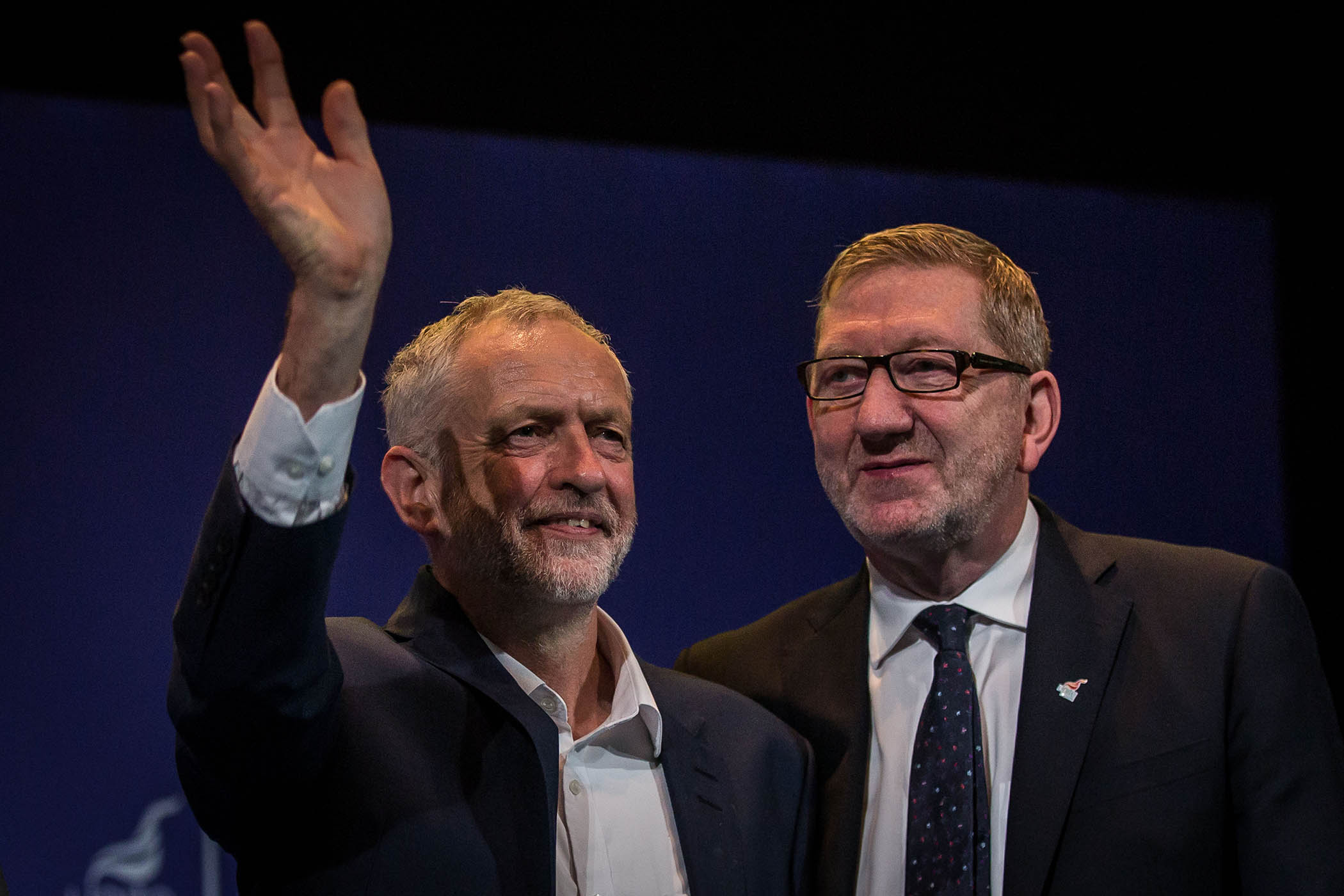
For McCluskey, the publication by his successor, Sharon Graham, of a 61-page report on corruption allegations has brought to a head the long rumbling scandal over a gigantic £72m overspend on a Birmingham hotel and conference centre developed for the union by friends of his. The report says among much else that McCluskey accepted flights and football tickets from the Flanagan Group, builders of the Birmingham development, and that he had overruled legal advice against going ahead with the contract. A lawyer acting for Murphy, who was spotted in Madrid on one of the trips, said she had paid for her own flights and did not go to the football game or stay with McCluskey.
On behalf of McCluskey, Carter Ruck told the Observer that he “categorically” disputed the “grossly misleading” allegations that he had accepted gifts of flights and football tickets from the Flanagan Group to the 2018 Champions League final in Kyiv and the 2019 final in Madrid. The statement added: “As has been reported, our client has had long-term acquaintanceship with members of the Flanagan family, in keeping with which he has occasionally attended football matches. In doing so, however, our client invariably paid his way; that is, to his recollection he paid the cost of his own tickets and travel in full – including the specific matches to which you refer.”
Carter Ruck further said that it had been instructed that the allegation that he overruled advice from the union's lawyers against signing a construction contract with the Flanagan Group for the Birmingham hotel was “completely untrue.” The statement added: “Indeed, our client did not receive the relevant legal advice or even become aware of the existence of such advice until 2022 (long after he had left Unite). We note that Mr McCluskey has requested that Unite provide the documentary evidence on which this allegation is said to be premised – that is, any document which records that the legal advice was communicated to him personally during his tenure as General Secretary – but Unite has not done so”.
So how far are McCLuskey and Murphy still the power couple outside the party as they were within it? On 3 July Zarah Sultana declared that she was leaving the Labour party and would be co-leading a new movement with Corbyn. The announcement caused serious consternation in the team around the former Labour leader, including Murphy who was aghast. Both McCluskey and Murphy are among those understood to see Corbyn, with his undoubted capacity to attract support on the left, as uniquely qualified to be the new party’s sole first leader. Which is why it took three weeks for Corbyn to make a joint announcement with Sultana about the new party.
‘The one thing Karie did very well was protect Jeremy; she was a gatekeeper in a very savage tradition’
‘The one thing Karie did very well was protect Jeremy; she was a gatekeeper in a very savage tradition’
Ex-shadow cabinet member
Corbyn himself argued at an earlier meeting of the new party’s loose organising committee that while he had nothing against Sultana he did not believe co-leadership would work. By contrast, the camp in favour of dual leadership argues that the party needs a younger co-leader to survive as a force. Some at least in that camp also worry about the influence of Murphy and McCluskey, not least in the wake of Unite’s July report. One prominent activist in this camp told The Observer: “If Len and Karie actually cared about the left in this country and about this new party they would publicly step away from it.”
Murphy is a pivotal member of Your Party’s leadership. And McCluskey? A member of Your Party’s interim executive said that the former Unite leader “is not involved in any way in the founding of the new party”. This contradicts activist claims that McCluskey had taken part in discussions on “Your Party” at least before publication of the Unite report, and indeed that Corbyn increasingly relies on a tight group of advisers led – apart from Corbyn’s wife Laura Alvarez – by Murphy and McCluskey.
Either way, the leftwing website the Canary reported sympathetically that McCluskey had told a June meeting of “independent socialists” in Liverpool: “In a very short period of time, what will be created will be a credible, left, radical alternative.” Pointing across the room to Corbyn, he added: “I know who the leader of that party should be.” McCluskey himself says that he does not hold “any role within Your Party” but that he is fully supportive of it and has spoken in such support at public events.”
These divisions have been compounded by a potentially ugly row over antisemitism exposed by Sultana’s remark in an interview with New Left Review that “Corbynism” had “capitulated” by adopting the definition of the International Holocaust Remembrance Alliance (IHRA). Its clause specifying that criticism of Israel as “a racist endeavour” is antisemitic was long resisted by Corbyn.
McCluskey was among the more pragmatic of Corbyn’s advisers when the party was overwhelmed by accusations of antisemitism over the summer of 2018. While accusing Jewish community leaders of “truculent hostility” to Labour, he was calling by August for the IHRA definition to be adopted in full.
In the book Left Out it's claimed that Corbyn wanted to make a statement to the national executive in September qualifying his acceptance of that definition and that Karie Murphy argued against him, unsuccessfully. Murphy strongly denies that claim and says that, in fact, she personally co-wrote the qualifying statement which Corbyn made – which the executive rejected.
Finally, there is conflict between Murphy and some local activists over her refusal to release data on the party’s 700,000-plus supporters this far ahead of a founding conference planned for November.
This is understandable when a whole hotchpotch of Trotskyite and revolutionary organisations vie for a place in a party meant to appeal to “ordinary” and working-class members. Whether or not McCluskey stays in the background, Murphy will be at the forefront of trying to keep them at bay – not to mention weeding out the most destructive ultra-left fanatics. Whether she will succeed is another matter.
•
This article was updated on 25th September 2025 to include a response from Len McCluskey and his representatives.
•
This article was further amended on 29 September 2025 to reflect Karie Murphy’s stated position on adoption of the IHRA definition.
Photographs by BACKGRID UK, Martin Pope, Rob Stothard
